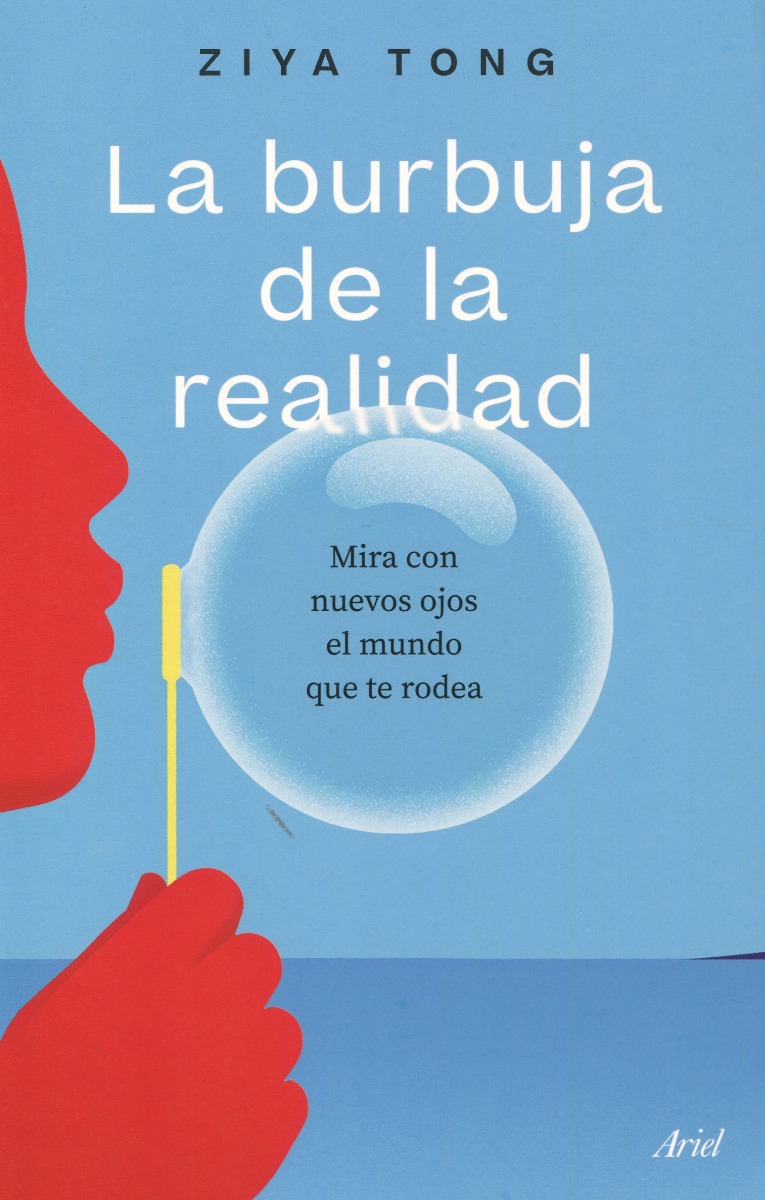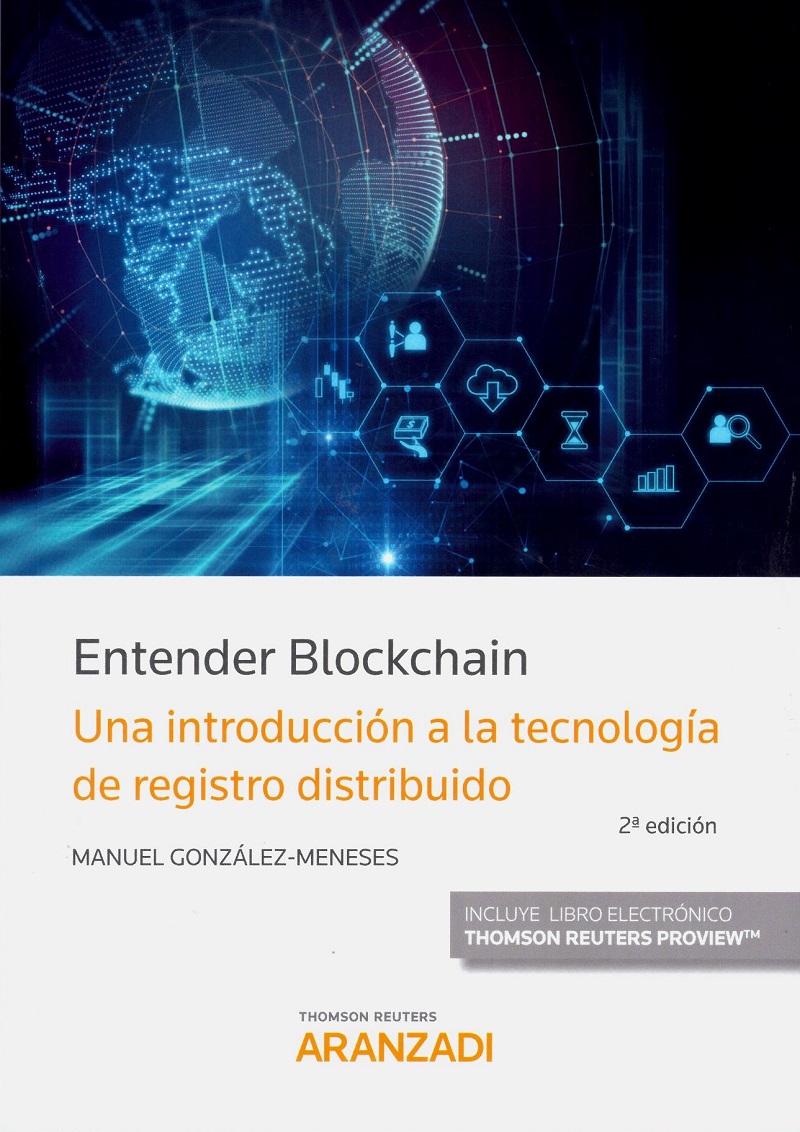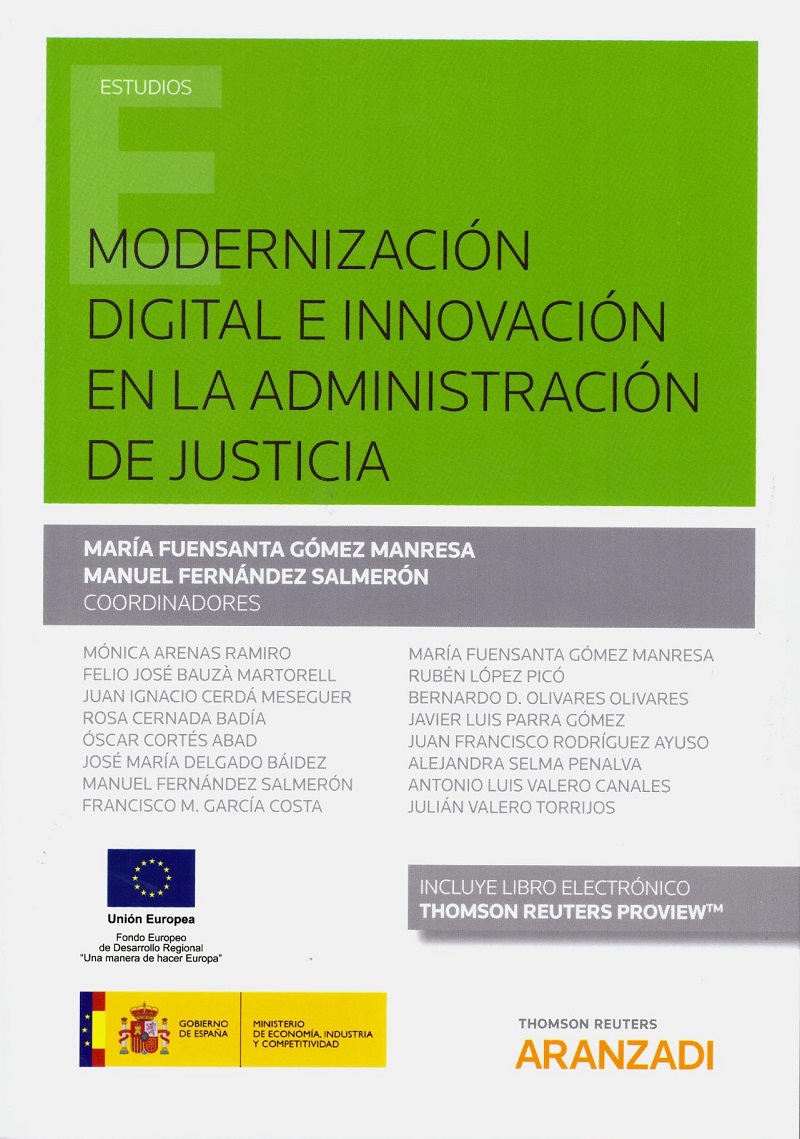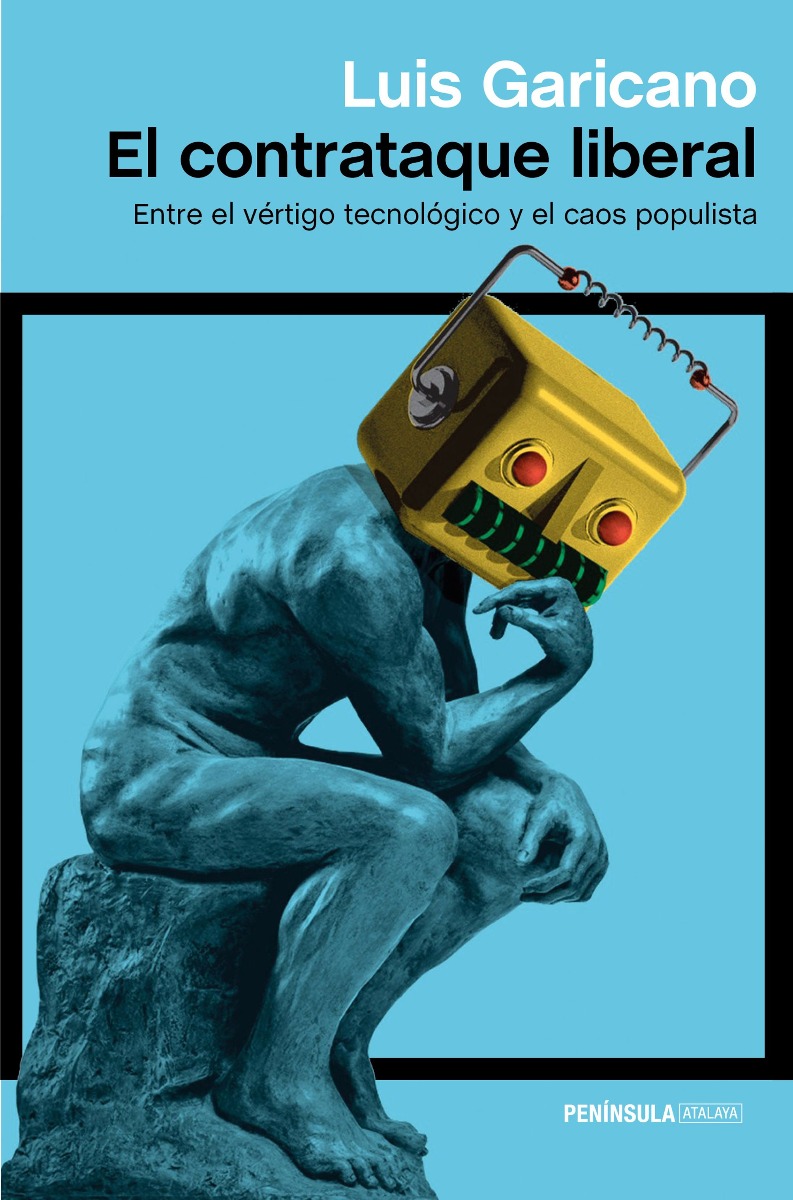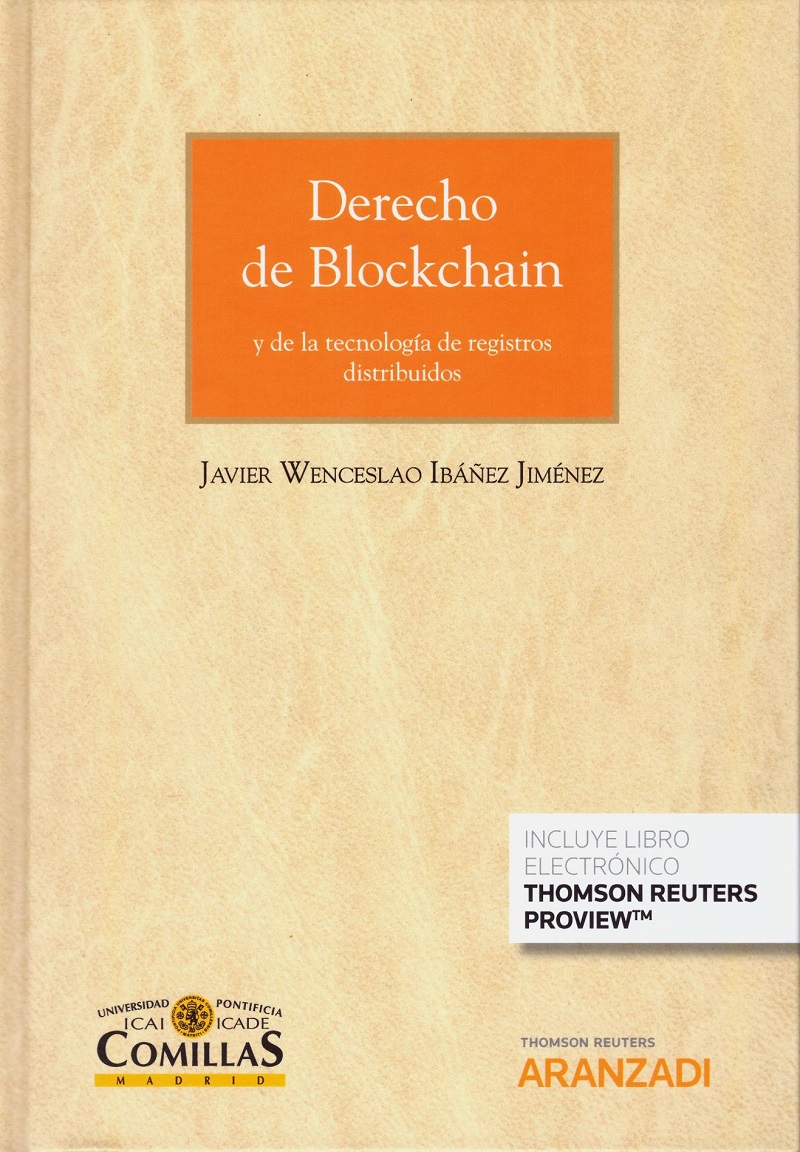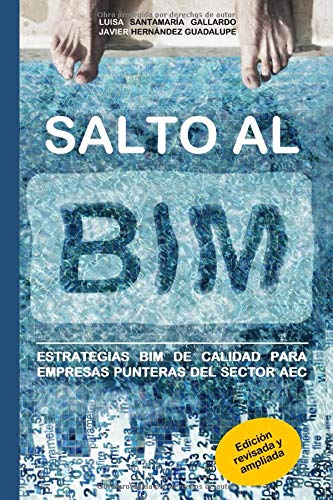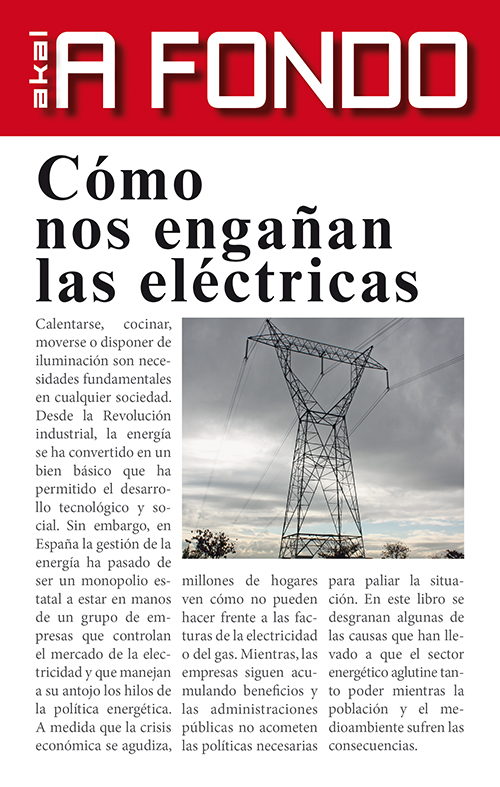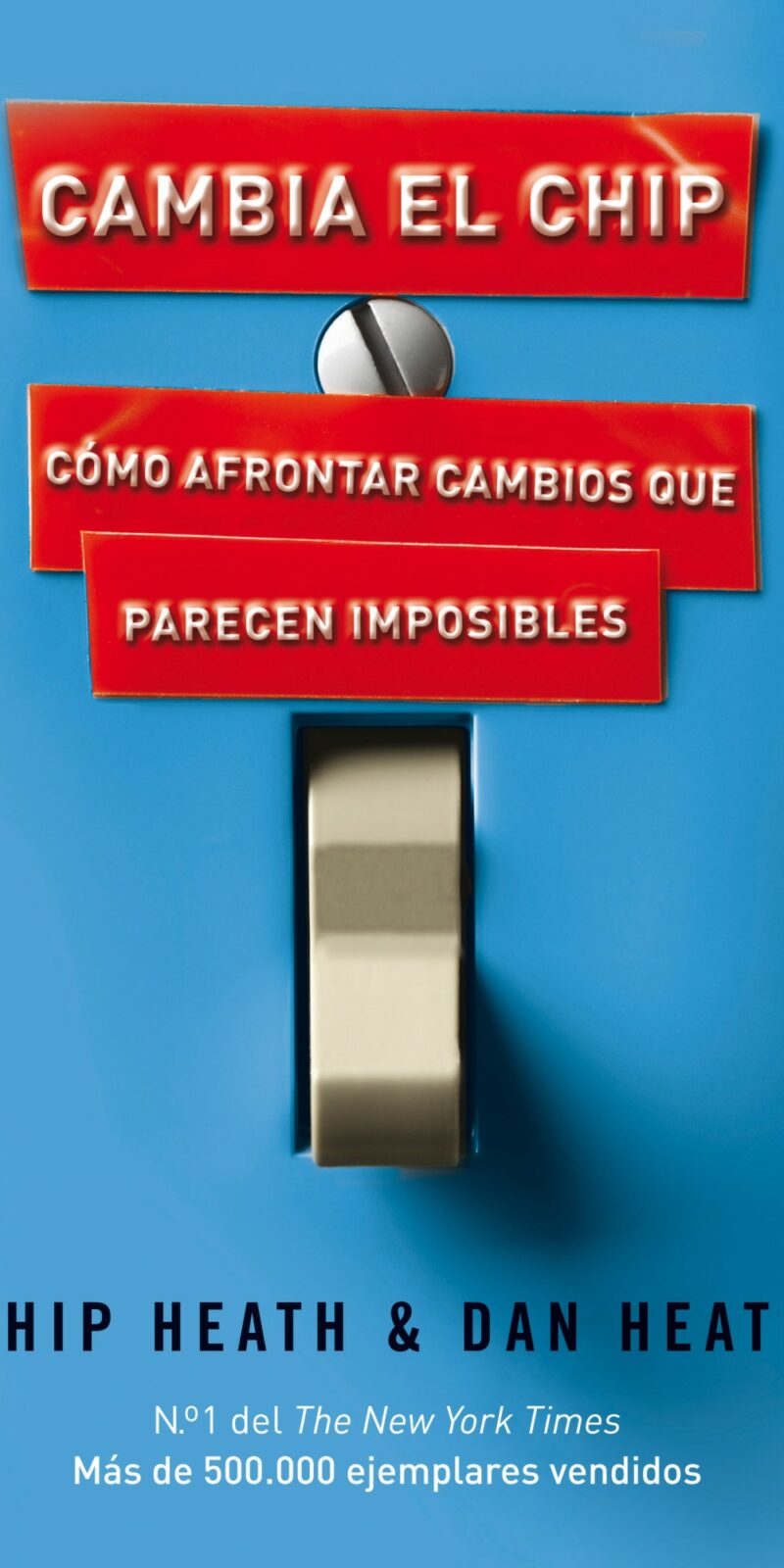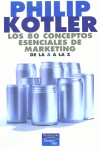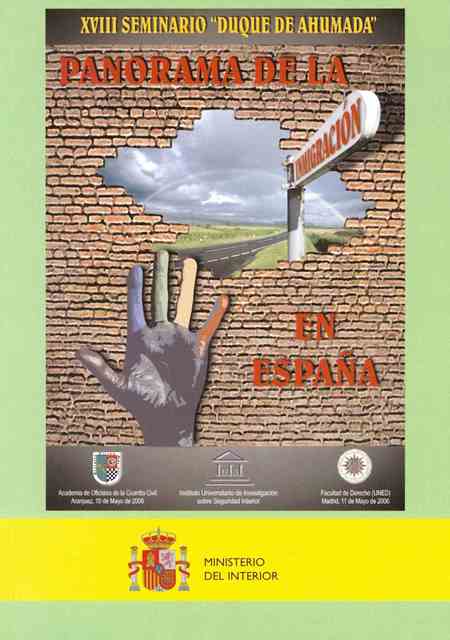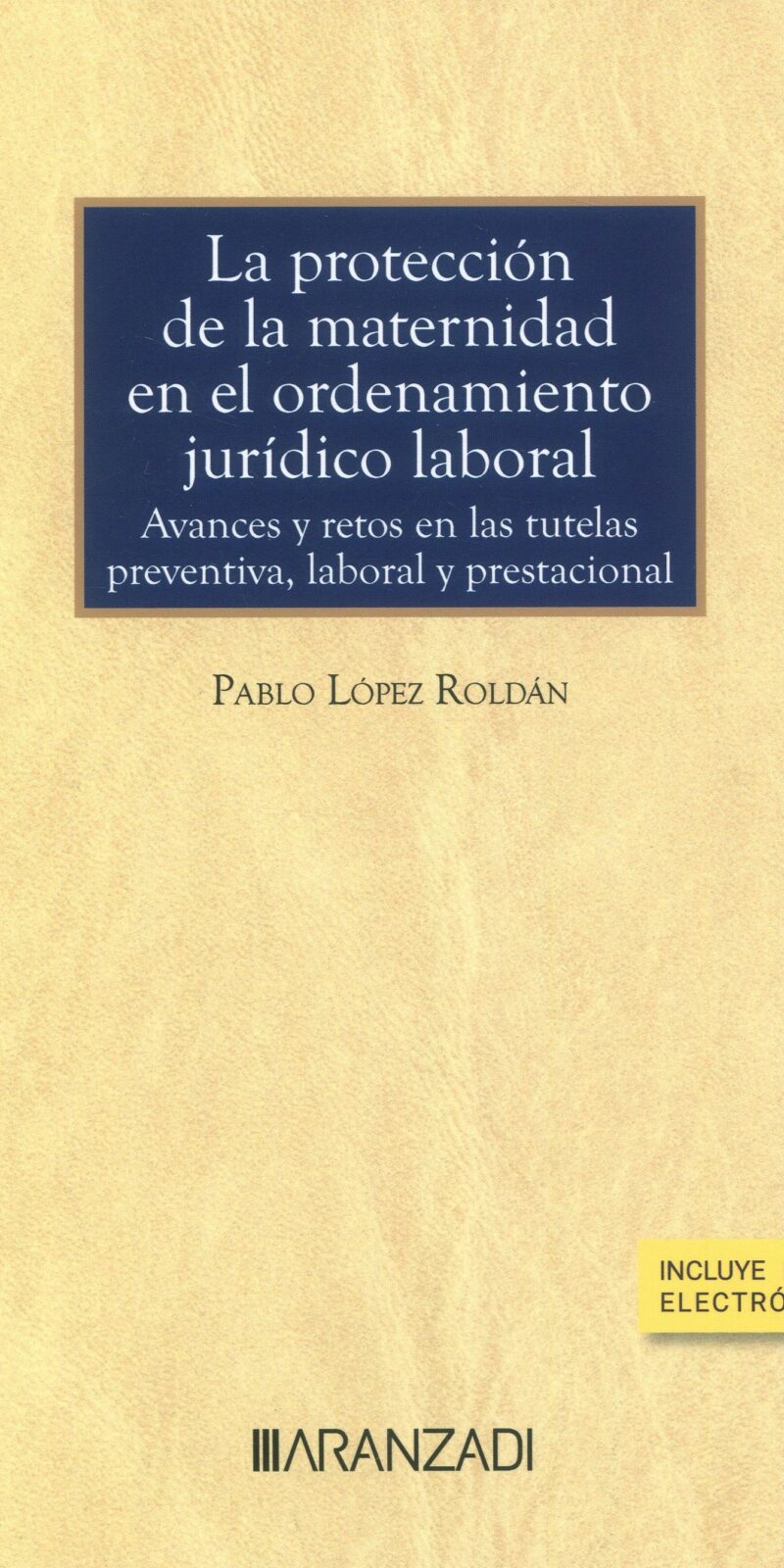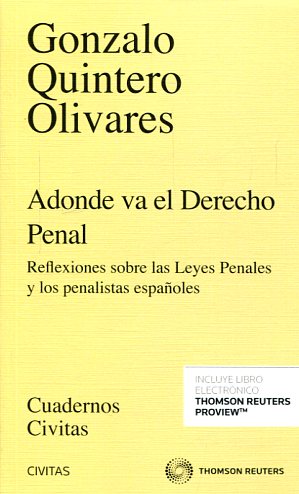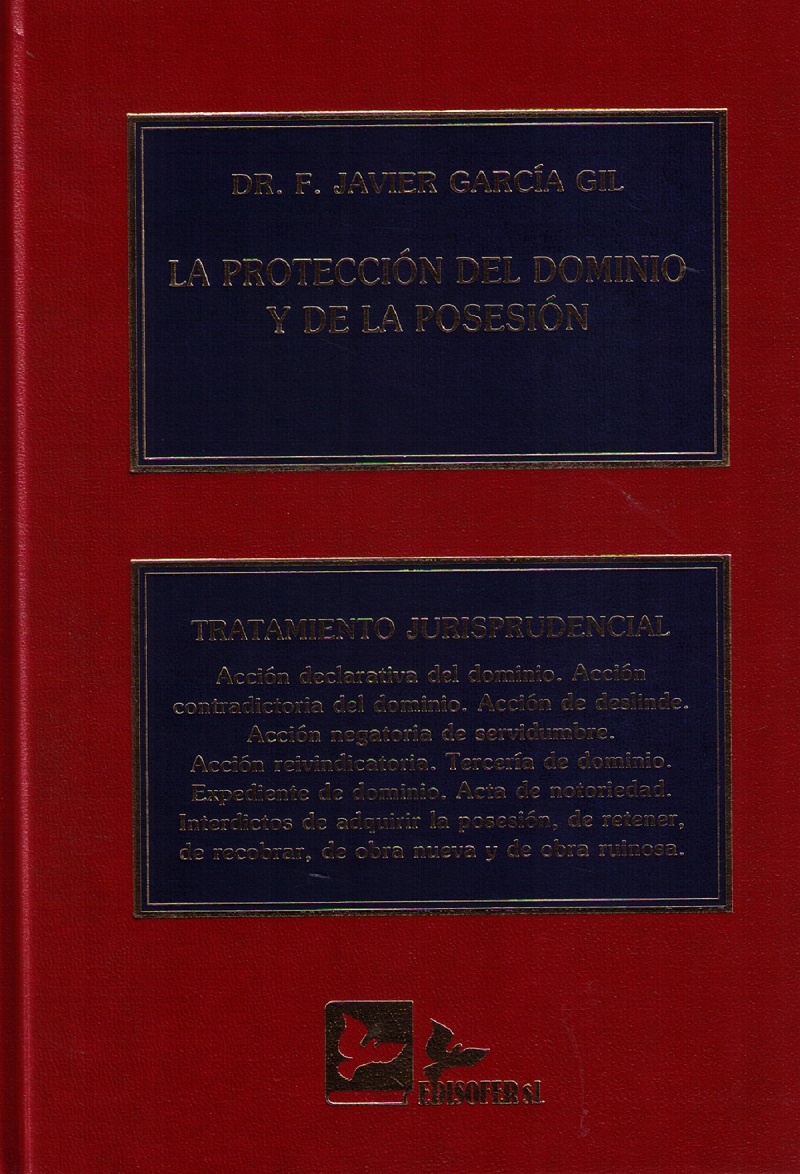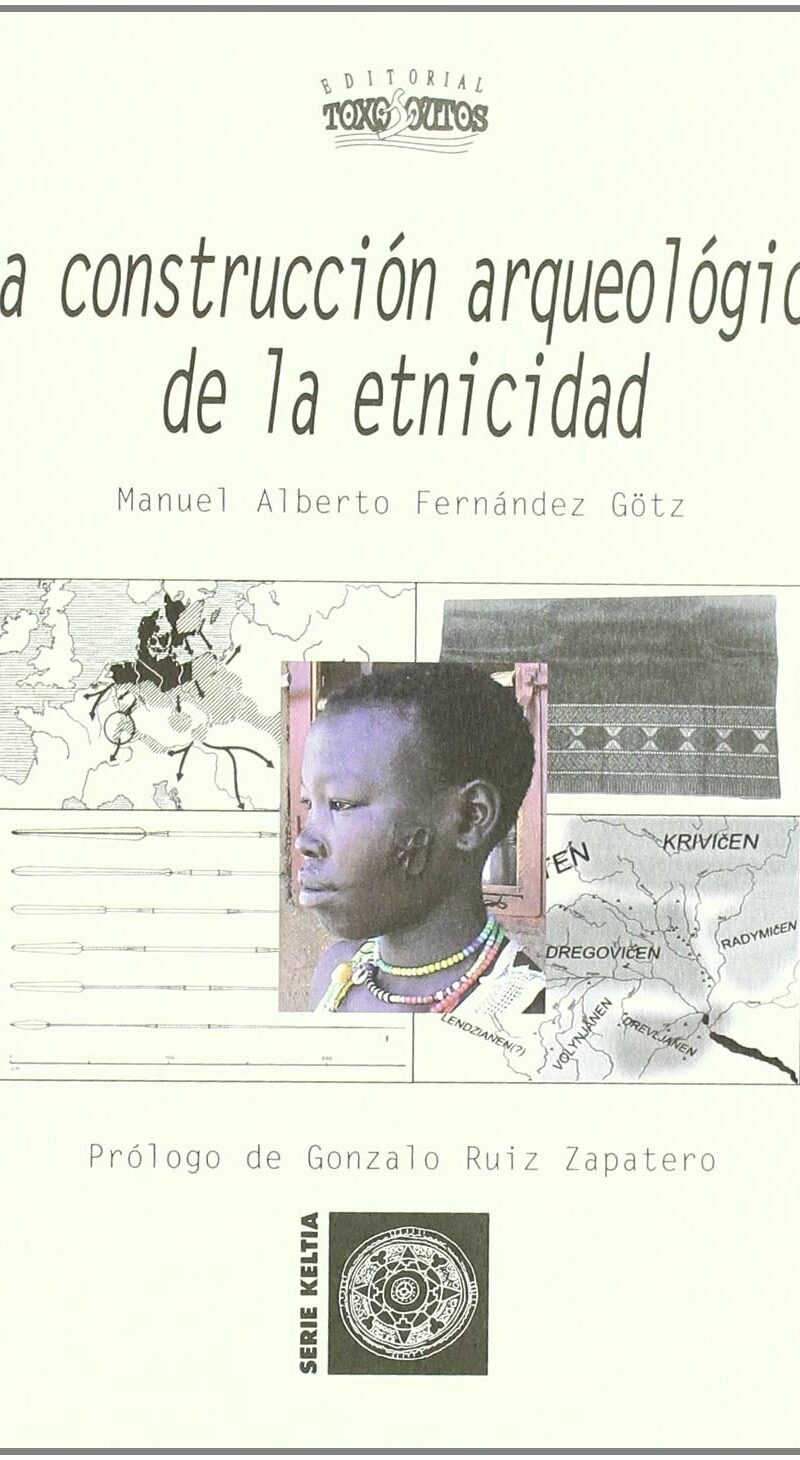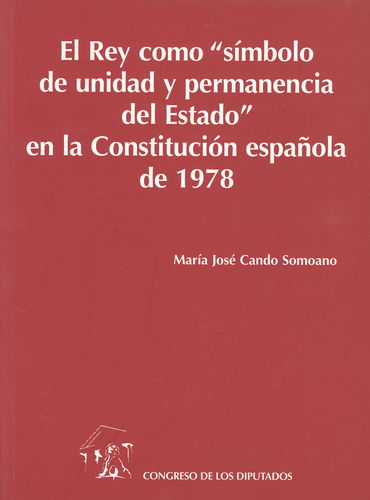Una guía para salir de nuestra burbuja y cambiar nuestra concepción del mundo.
¿Qué es lo que no vemos? A simple vista apenas distinguimos una pequeña parte de la realidad. Somos ciegos si nos comparamos con los animales, capaces de percibir la luz infrarroja y la ultravioleta, y en comparación con los rayos X, que atraviesan nuestros cuerpos, o los sistemas de vigilancia basados en la inteligencia artificial.
Partiendo de la historia de la ciencia, La burbuja de realidad nos muestra los elementos que distorsionan nuestra visión del mundo y ponen en peligro nuestra supervivencia. De manera clara y amena, Ziya Tong nos presenta los puntos ciegos con los que hemos nacido y cómo la tecnología nos permite ver más allá de los límites biológicos. Asimismo nos revela cómo, en tanto sociedad, asumimos una ceguera deliberada; hay cámaras por todas partes, salvo allí donde producimos alimentos y energía, o en los lugares donde van a parar nuestros residuos. Ahondando en los mecanismos que deforman u ocultan la realidad, descubrimos también los puntos ciegos intergeneracionales, modos de pensar que parecen inamovibles, aunque sólo son ideas o convicciones heredadas.
Este libro actual y necesario promete abrirnos los ojos y expandir nuestra mirada, porque cuestiona todo cuanto nos rodea y principalmente lo que nos limita y controla.
Chapter 1 Introduction: Political Corruption in a World in Transition
Jonathan Mendilow, Eric Phélippeau
Part I. Transitions
Chapter 2 Fixed Legalistic Definitions of Corruption in Shifting Realities: Some Implications from Brazil
Ezequiel Martins Paz
Chapter 3 Corruption Perceptions and Transitions: Balancing the Needs of NGO Clients and Organizational Sustainability
Paulina Alvarado-Goldman
Chapter 4 Fetishizing Altruism: Corruption in the International Aid Context and the presumption of doing no wrong
Maria D. Bermudez
Part II. The setting of corruption
Chapter 5 Persuasive Corrupters: Arguments Made to Corrupt Public Officials
Mónica García Quesada,
Fernando Jiménez Sánchez
Chapter 6 Local corruption in the Czech Republic: Does size matter?
Stanislav Balík
Chapter 7 Political Corruption in a World in Transition: The Fluctuating Boundaries of Corruption
Sofia Wickberg
Part III. “Legal Corruption”
Chapter 8 Civilizing French politics: Illegality, Playing with the Rules, Offenses and Public Probity
Alix Meyer, Eric Phélippeau
Chapter 9 The untimely disappearance of the “appearance of influence” in American politics
Olivia Newman
Chapter 10 Parties of political entrepreneurs in the Czech Republic and Slovakia: Unfolding tale of multifaceted actors
Roman Chytilek, Petra Svačinová
Part VI. Populism: A ‘Special Case’ of Legal corruption?
Chapter 11 Machiavelli, Elite Theory, and the State of Exception: The Corruptions of Populism
Frank Rusciano
Chapter 12 Light onto Europe or Darkness at Noon? Corruption, Civil Society, Populism and Manipulation in Romania
Michael Shafir
Chapter 13 What we Talk About When we Talk About Corruption
Robert G. Boatright, Molly Brigid McGrath
List of contributors
Jonathan Mendilow is professor of political science and global studies at Rider University in Laurenceville, New Jersey. He serves as the current chair of the IPSA Research Committee on ‘Political Finance and Political Corruption’. He has published extensively on political finance, party competition, Middle Eastern politics and modern political theory.
Eric Phélippeau is professor of political science at Paris Nanterre University, member of the Institute for Political Social Sciences (ISP, UMR 7220 CNRS) and the IPSA Research Committee on ‘Political Finance and Political Corruption’. His research focuses on political finance and political corruption, ethics regulations in politics, and political professionalization.

